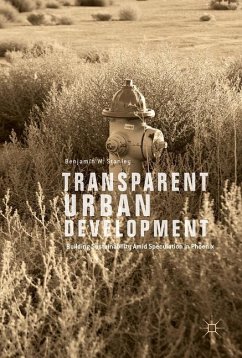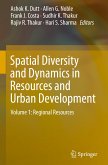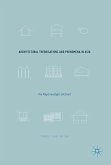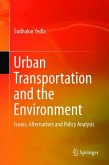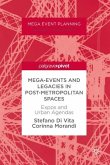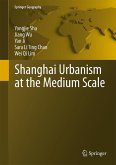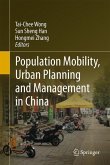This book studies both the tangible benefits and substantial barriers to sustainable development in the city of Phoenix, Arizona. Utilizing mixed research methods to probe downtown Phoenix's political economy of development, this study illustrates how non-local property ownership and land speculation negatively impacted a concerted public-private effort to encourage infill construction on vacant land. The book elaborates urban sustainability not only as a set of ecological and design prescriptions, but as a field needing increased engagement with the growth-based impetus, structural economic forces, and political details behind American urban land policy. Demonstrating how land use policies evolved in relation to Phoenix's historical dependence on outside investment, and are now interwoven across jurisdictional scales, the book concludes by identifying policy intervention points to increase the sustainability of Phoenix's development trajectory.
Bitte wählen Sie Ihr Anliegen aus.
Rechnungen
Retourenschein anfordern
Bestellstatus
Storno

